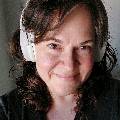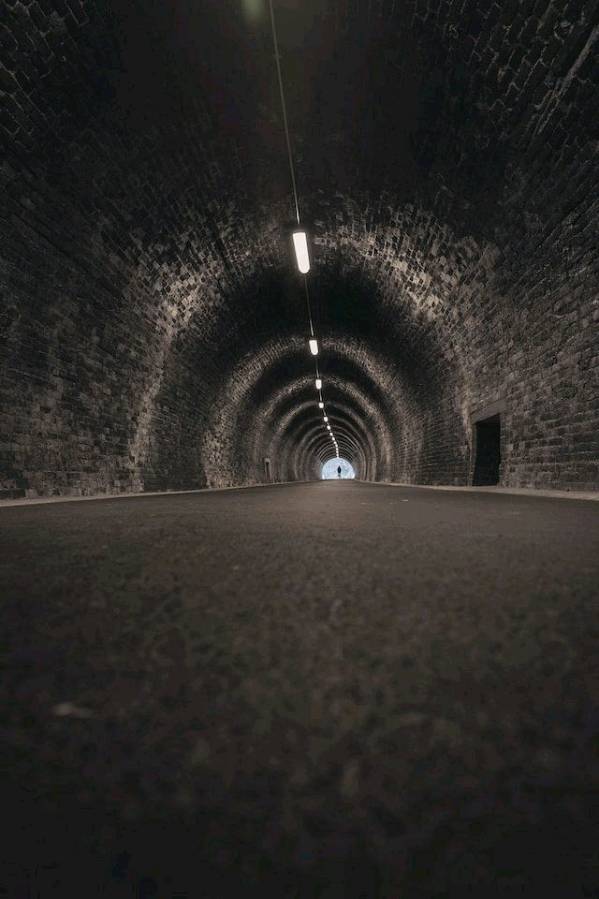The human lens is a kind of tunnel vision.
And so then what is the short period of time we're here for? Is there an intention? We inject meaning into things, we try to make meaning of things, but this is all a part of what it is to be human. AI is inherently different than that. It takes in data, it sorts, it, compiles it, and so on. It doesn't inject meaning, it doesn't have an ego, it doesn't necessarily have a finite, quote unquote lifespan

Theo Seibold
@Thatoneweirdo · 4:55
I mean, I love the fact that now, and I think it's amazing that in my lifetime, we can figure out how to look at black holes. I think that concept, to me, like, I don't mind saying that I was on the verge of tears because for a lot of people, as a matter of science fiction, and then it's like, okay, there's evidence
But if you're taking all of the pieces without a template and attempting to put them together, spitting them around and upside down and shuffling them and so on, there's more uncertainty and it's not as comfortable. But I do think that a lot can be revealed there. There's this artist I started following on Instagram recently. He does a far more advanced version of something I've tried myself. But the way he does this is he takes random objects and dips them in ink, black ink

Aayan B
@aayanisms · 3:50
So if you look at it, it's like a glass half empty or half full. If we have not covered even 20% of the observable universe then what's the point in having a 360 degree view? Is it not? So somewhere we'll need to probably narrow down and say take a smallish data set and small is relative dependent on the scale and run through it in its entirety and prove it or disprove it in one way or the other
If there is a limited view or a hierarchy of what is most important to this particular doctor, et cetera, then there's going to be different questions that they'll ask, more confined within that tunnel, more confined within that frame than possibly entertaining something different. And then we may never get to what the quote unquote problem is. I do wonder, though, apart from just being aware that we have this frame, how do we practice asking questions that challenge the boundaries of it?
And for others there's going to be flexibility of being able to open that aperture up or narrow it down and for enhancing or limiting, like you said. But I also think then, if we're not even aware that there is this framing, this lens, this aperture, what have you, we are sort of hamstring ourselves, I think, for greater awareness. Like for instance, biases, stereotypes, et cetera, I don't think that they're inherently bad

